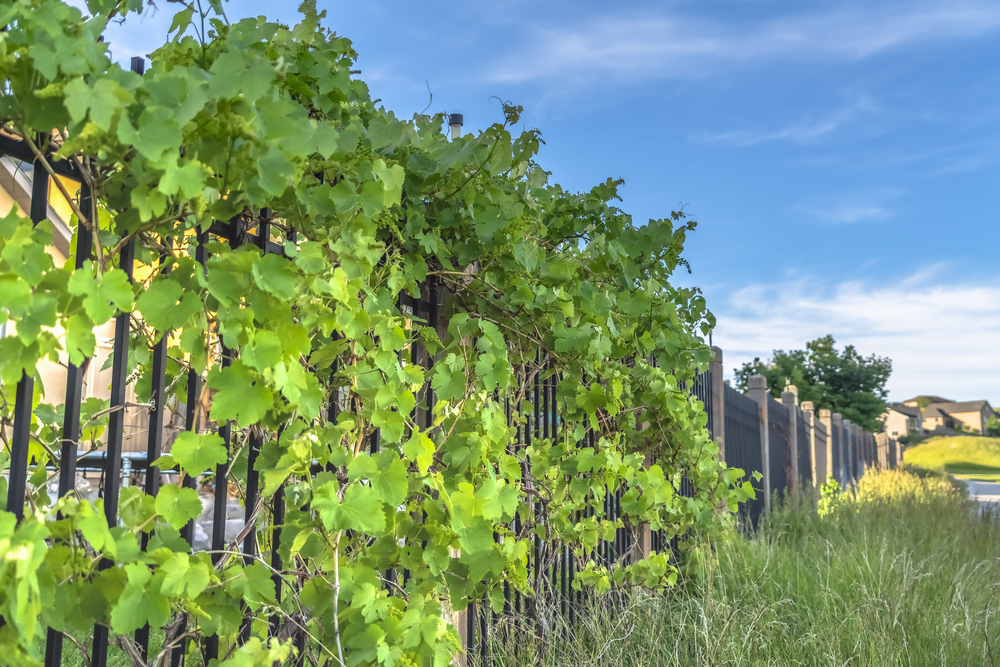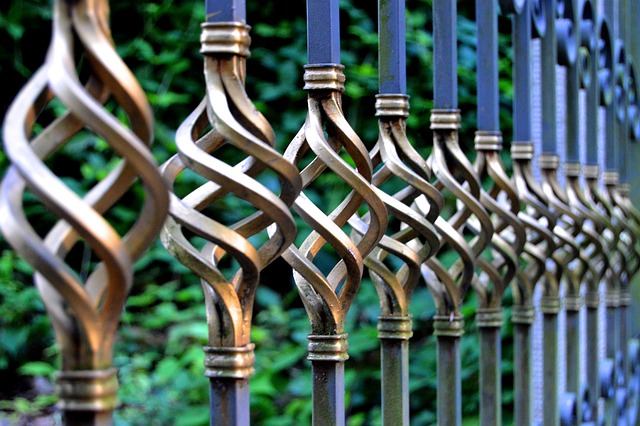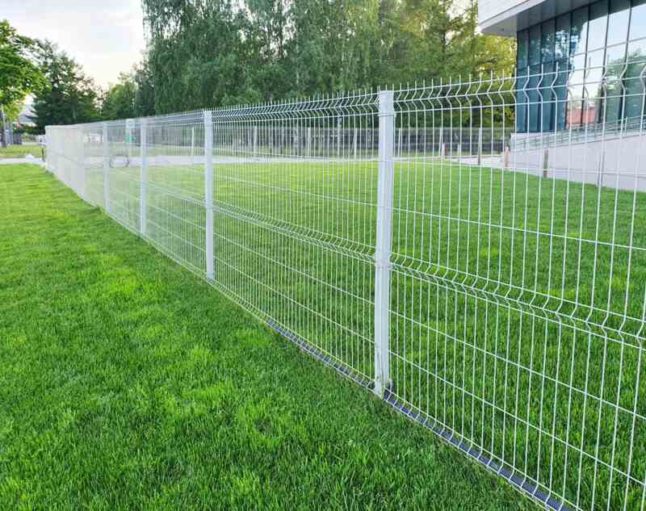All Categories
Featured

Selecting the appropriate fencing material is vital for attaining the balance of resilience, aesthetics, and functionality that suits your property. Timber, vinyl, and light weight aluminum are popular selections, each with distinct functions that satisfy specific demands. Below's a thorough take a look at the advantages and disadvantages of these 3 materials.
Wood Secure Fencing. Pros:. Classic Allure: Timber uses a natural, classic look that matches different building designs. Adjustable: It can be painted or tarnished in a selection of layouts and shades. Budget-friendly: Timber fencings are frequently more affordable in advance than plastic or aluminum. Eco-Friendly: As a sustainable resource, timber is biodegradable and sustainable when sourced properly. Disadvantages:. Maintenance-Intensive: Needs normal staining, painting, or sealing to safeguard versus weather and insects. Shorter Life Expectancy: Depending upon the kind of timber and climate, it generally lasts 10-15 years. Vulnerability to Damages: Prone to decaying, warping, and termite damages without appropriate care. Wood is perfect for homeowners who value appearances and want to spend effort and time in upkeep to prolong its life.
Vinyl Fencing. Pros:. Long lasting: Resistant to pests, rot, and weather, plastic keeps its structure in extreme problems. Low Upkeep: Calls for little upkeep past periodic cleansing. Lengthy Life expectancy: Vinyl can last 20-30 years without significant wear or damage. Versatile Designs: Readily available in numerous colors, textures, and styles, consisting of options that simulate wood. Disadvantages:. Costly Setup: Plastic fencings are more pricey to mount contrasted to timber. Weak in Winter: Vinyl can crack in severe cool environments. Difficult to Repair: If damaged, whole areas might need replacement, which can be testing to match. Plastic fence is a terrific selection for those focusing on durability and minimal upkeep, also if it features a greater ahead of time price.

Aluminum Secure Fencing. Pros:. Rust-Resistant: Light weight aluminum does not rust, making it ideal for moist or wet areas. Light-weight but Solid: Offers strength without being extremely heavy, which streamlines installation. Low Maintenance: Calls for bit greater than cleansing and occasional repainting. Durability: Light weight aluminum fences can last for decades without substantial wear and tear. Elegant Styles: Commonly made use of for ornamental objectives, light weight aluminum adds elegance to any residential or commercial property. Cons:. High First Cost: Aluminum fencings are amongst the much more pricey options. Minimal Personal privacy: Typically made with open rooms, they do not obstruct sights or noise. At risk to Dents: While sturdy, light weight aluminum can be nicked or bent with hefty effect. Aluminum is finest matched for those that want a lasting, stylish fence and do not need complete privacy.
Making the Right Selection. Each material has its staminas and weak points:

Wood is perfect for typical aesthetics and eco-conscious buyers that don't mind upkeep. Plastic helps house owners looking for a weather-resistant, low-maintenance remedy. Aluminum is a long lasting, ornamental alternative for those who want style and long life. Consider your priorities-- whether it's cost, maintenance, personal privacy, or appearance-- and consult a fence professional to pick the product that finest meets your demands. A well-selected fence will boost your property for several years ahead.
Latest Posts
About Us: Explore the Story Behind Montclare Auto Repair ’s Expertise & Service
Published Apr 22, 25
2 min read
Montclare Auto Repair: A Reliable Auto Service Provider in Montclare
Published Apr 22, 25
2 min read
Make Your Desire Fence a Reality with Easy Financing
Published Apr 22, 25
1 min read
More
Latest Posts
About Us: Explore the Story Behind Montclare Auto Repair ’s Expertise & Service
Published Apr 22, 25
2 min read
Montclare Auto Repair: A Reliable Auto Service Provider in Montclare
Published Apr 22, 25
2 min read
Make Your Desire Fence a Reality with Easy Financing
Published Apr 22, 25
1 min read